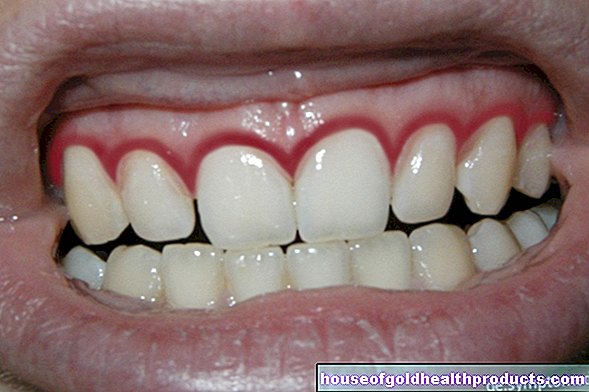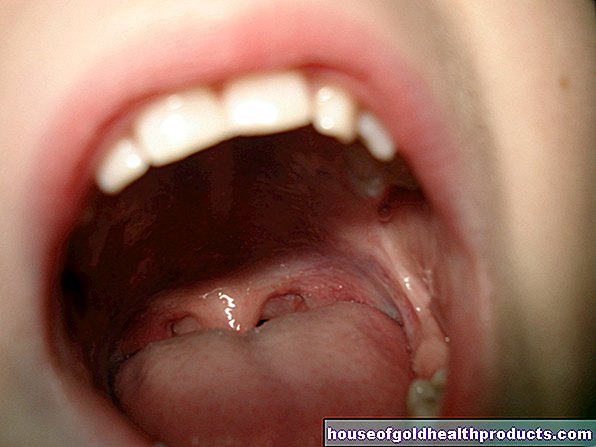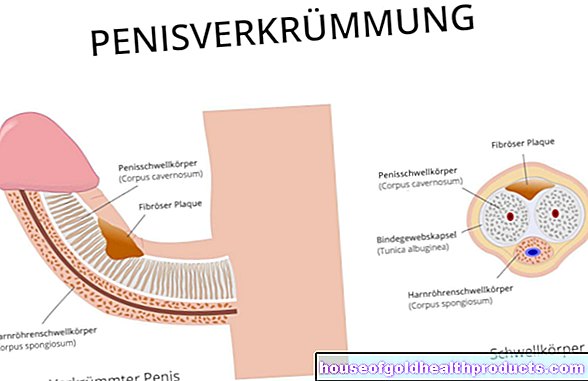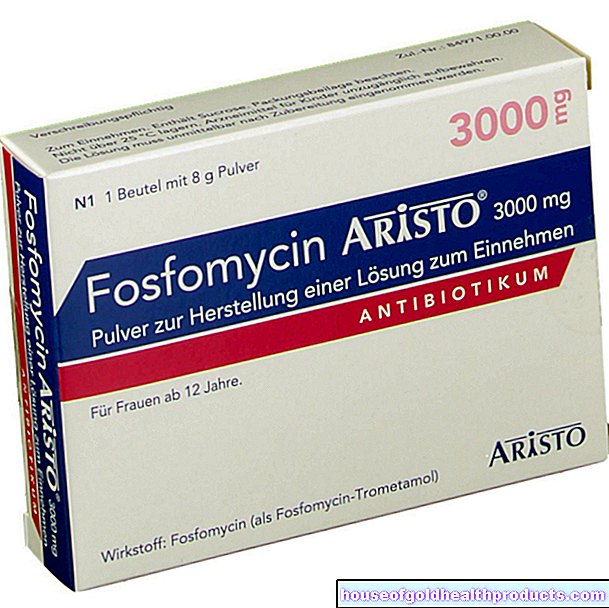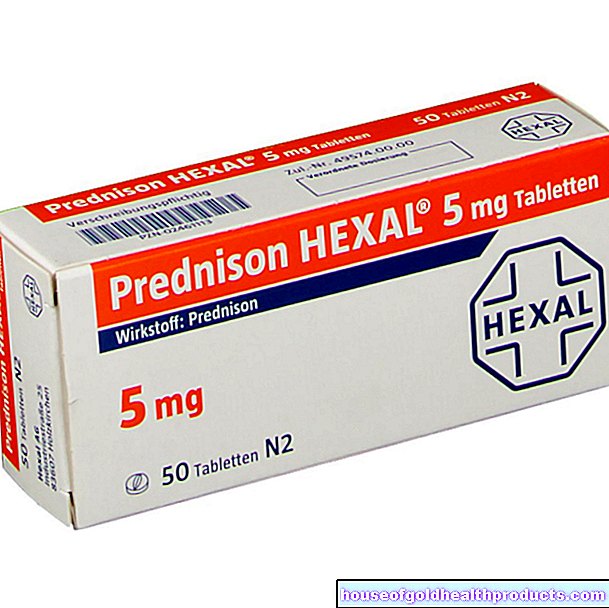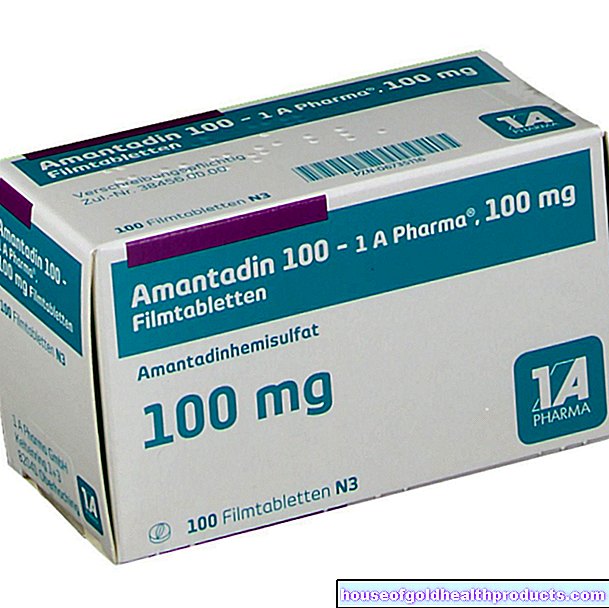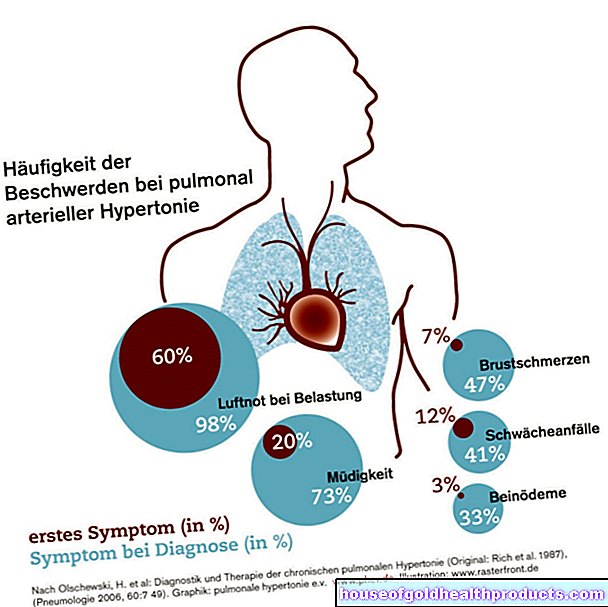Alzheimer's: Exercise reduces symptoms
All content is checked by medical journalists.Exercise is one of the most effective ways to prevent Alzheimer's. Now it is clear that sport also helps when the disease has already broken out.
"Exercise or regular physical activity could play a role in two ways: to protect the brain from Alzheimer's and other dementias and to cope better with the diseases," said Maria Carrillo, science officer for the Alzheimer's Association, at a convention in Toronto.
Three studies were presented there that shed light on the benefits of exercise for dementia patients. They give reason to hope that exercise is a method that can help people with dementia live longer independently and improve their quality of life.
Less anxious, less depressed
A first study showed that, after 16 weeks of exercise therapy, patients suffered significantly less from typical psychological accompanying symptoms such as anxiety, insecurity and depression. The more intense the training, the greater the effect. Participants who had moved a lot were also more attentive and mentally faster than the other patients.
Less protein clumping in the brain
Another study proved that the effect of movement can also be demonstrated organically in the brain. Participants with mild cognitive impairments had significantly lower amounts of so-called tau proteins in the brain after six months of physical training. These protein complexes normally stabilize the brain structures. If they are pathologically altered, they cause various physiological changes that can cause the cells of the brain to die.
These changes were also reflected in mental performance. The athletic participants were more attentive and did better in various cognitive tests.
Also effective for other forms of dementia
Not only Alzheimer's patients benefit from exercise. The same could also apply to people who suffer from vascular dementia - the second most common dementia after Alzheimer's. At least in participants who suffered from a possible preliminary stage, namely vascular cognitive disorders (VCI), the mental performance had improved again after six months of training. Brain scans in the third study also revealed why: Their brains were working more effectively than before.
"The results shed light on the potential benefits that non-drug therapies can have in Alzheimer's disease," emphasized dementia expert Carrillo at the congress. Movement is not only potentially effective as a therapy for forms of dementia, it is also easy to make accessible to a wide range of patients.
Source: Going beyond risk reduction: physical exercise may be an effective treatment for alzehimer’s Disease and vascular dementia, press release from the Alzheimer's Association International Conference in Toronto, July 24-28, 2015
Tags: foot care menshealth teenager



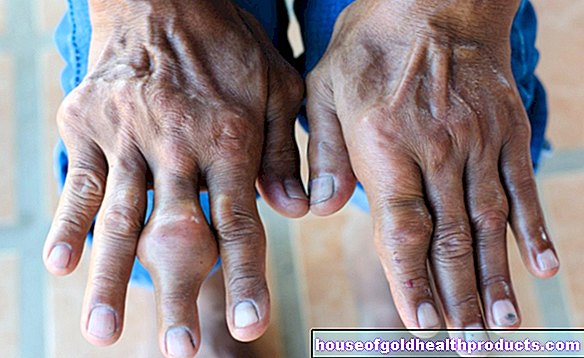
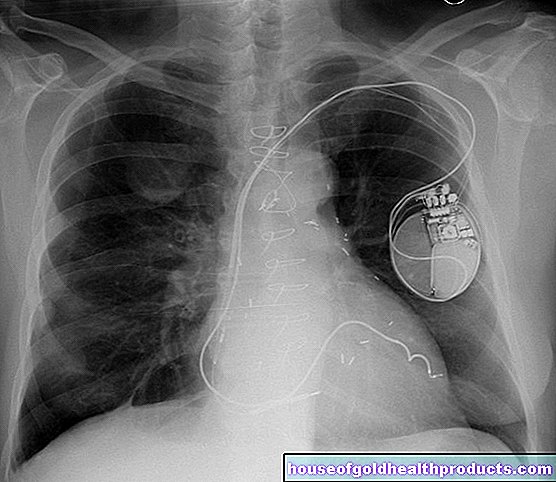


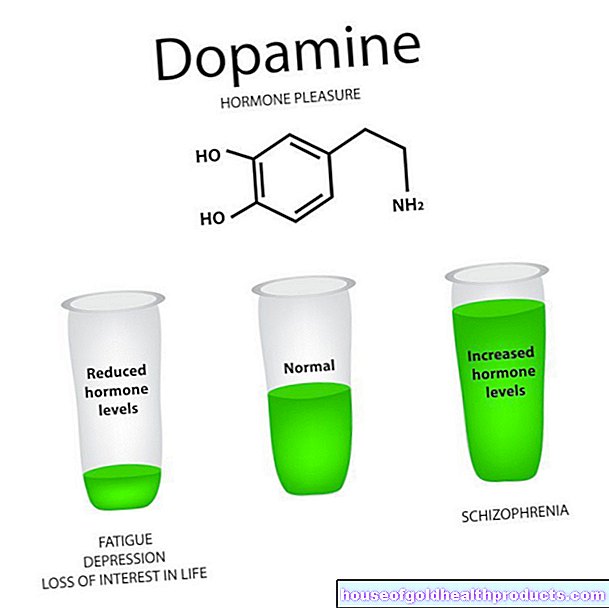






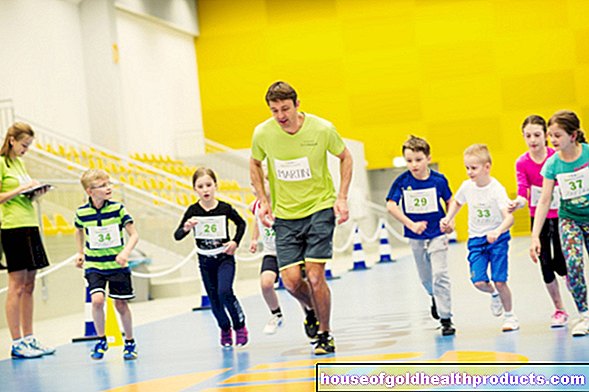
.jpg)

